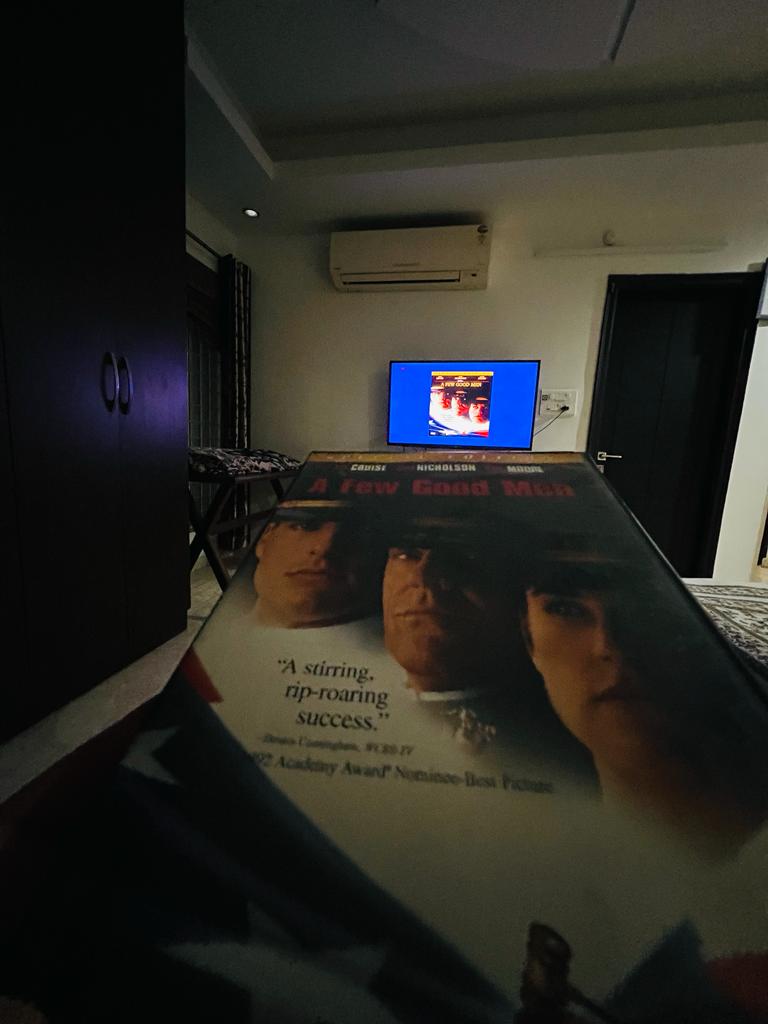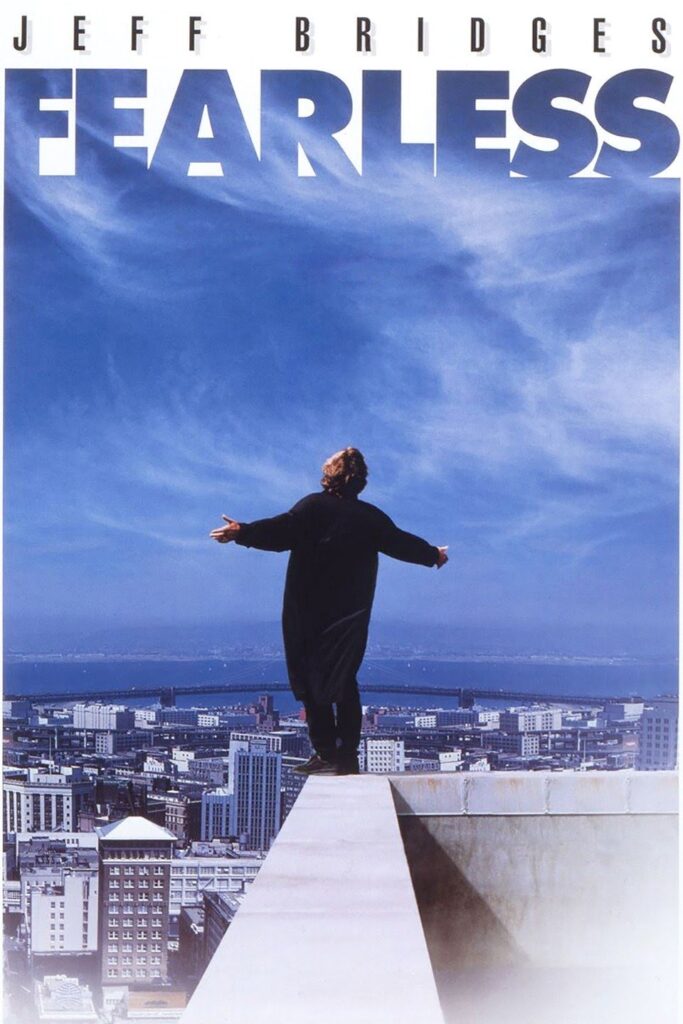
A Few Good Men is a 1992 American legal drama film directed by Rob Reiner and starring Tom Cruise, Jack Nicholson, and Demi Moore. The story follows a young military lawyer (Cruise) who defends two U.S. Marines accused of murdering a fellow Marine at the Guantanamo Bay Naval Base in Cuba. The film explores themes such as honor, loyalty, and the consequences of blind obedience to authority.
It is a well-made film with a strong cast and crew. Director Rob Reiner does an excellent job of balancing the legal drama with character development and emotional depth. The film’s screenplay, written by Aaron Sorkin, is sharp and engaging, with memorable dialogue that highlights the complex moral and ethical issues at play.
Aaron Sorkin’s work on A Few Good Men is a masterclass in screenwriting, with a unique writing style that is marked by rapid-fire dialogue, witty banter, and a sharp attention to detail. His iconic “You can’t handle the truth!” monologue, delivered by Jack Nicholson’s character, is a testament to Sorkin’s talent for creating powerful scenes with strong themes and messages, that endures the test of time.
The film’s cast is also exceptional, with standout performances from Tom Cruise as Lieutenant Kaffee, Jack Nicholson as Colonel Jessup, and Demi Moore as Lieutenant Galloway and well supported by others like Kevin Bacon. Each actor brings a unique perspective and personality to their role, creating a rich mosaic of characters that keeps the audience engaged throughout.
Overall, A Few Good Men is a must watch, with a talented cast and crew that come together to create a powerful and engaging story.
From a management and leadership perspective, the film offers several insights, both dos and don’ts.
Using Jack Nicholson’s character journey…
- It highlights the importance of having a clear chain of command and a system of accountability in any organization. The actions of the Marines who committed the murder were influenced by their commanding officer (Nicholson), who had created a culture of fear and intimidation that allowed him to bend the rules and ignore the law. This led to a breakdown of ethical edifice and ultimately resulted in tragic consequences.
- The film shows how effective leadership requires not only a strong sense of duty and commitment to one’s subordinates but also a willingness to accept responsibility for one’s actions and decisions.
- Additionally, the film demonstrates the importance of ethical decision-making, even in high-pressure situations, and the need to challenge authority when necessary to uphold the principles of justice and fairness.
Using Tom Cruise’s character Journey
- Tom Cruise’s character, Lieutenant Daniel Kaffee, initially seems uninterested in taking on the case and appears to lack motivation and drive. However, as the case progresses, he begins to show strong leadership qualities and a commitment to justice.
- Kaffee is willing to challenge the status quo and question the actions of those in authority, even when it puts him at risk of being labeled a troublemaker or disloyal to his superiors.
- Throughout the film, Kaffee faces several obstacles and setbacks, including his own lack of experience in trial law and the pressure he feels to live up to the legacy of his father, who was a renowned trial lawyer. His father’s shadow looms large over him, and he initially struggles to reconcile his own insecurities with his desire to prove himself as a competent lawyer. However, he is able to overcome these challenges by drawing on his own strengths, by relying on his team’s expertise, and taking calculated risks. He also shows humility by admitting his mistakes and learning from them.
- Ultimately, Kaffee’s leadership and management skills help him to achieve justice for his clients, despite the obstacles he faced. He demonstrates the importance of perseverance, teamwork, and a willingness to take on challenges, even when the odds seem insurmountable. The film suggests that leadership is not just about having charisma or authority but also about having the courage and determination to do what is right, even when it is difficult or unpopular.


